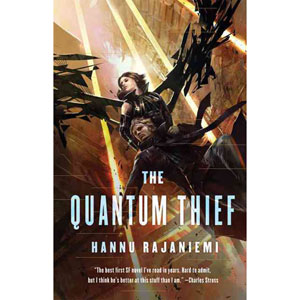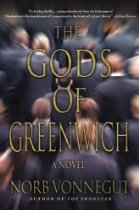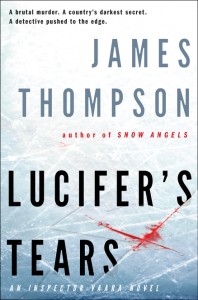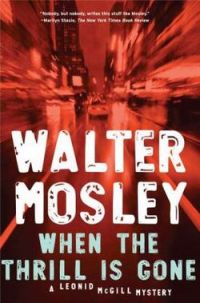The Informationist by Taylor Stevens
 Sunday, March 20, 2011 at 7:51PM
Sunday, March 20, 2011 at 7:51PM 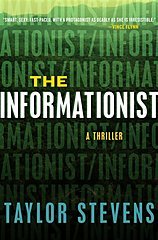
Published by Crown on March 8, 2011
Vanessa Michael Munroe is a dangerous loner who bears emotional and physical scars, reminiscent of Stieg Larsson's Lisbeth Salander. Like Salander, Munroe is adept at acquiring information. While Salander relies upon her skills as a computer hacker, Munroe infiltrates cultures, sometimes posing as a man, working in developing countries for private businesses and organizations like the IMF. Despite her desperate need for down time and the fact that it really isn't her line of work, she accepts an assignment to locate a wealthy businessman's daughter who was last seen in Namibia four years earlier. The businessman insists that Munroe work with Miles Bradford, a mercenary whose job is to keep her safe. The search takes Munroe to Central Africa, where she has some history that she would prefer to remain buried. Yet she remains a product of her inescapable past: fierce and determined, but tormented by the preaching voices that keep her awake at night. Munroe travels to some nasty places and encounters even nastier people who would prefer that the circumstances of the young woman's disappearance remain a mystery. She also meets up with the life she left behind, including a close friend: a gunrunner from whom she walked away nine years earlier.
If the gunrunner brings to mind Humphrey Bogart, Munroe would have to be a warped composite of Jessica Alba, Angelina Jolie, Uma Thurman, and all three Charlie's Angels. She's a great character: an intuitive, intelligent action hero who speaks multiple languages, practices martial arts, and is handy with a knife; a haunted nomad with a horrific past whose understandable ferocity is barely restrained (except when it's not). She has a (largely unfulfilled) desire for romance that conflicts with her instinct for self-preservation, adding edginess to her character. Munroe has enough appeal to support a series of sequels (which is probably the author's plan). Certainly there are aspects of her persona that aren't fully developed; perhaps Stevens intends to complete the picture in future novels. The other characters have been requisitioned from central casting (Daniel Craig as the mercenary, I think) but Stevens gives them enough personality to keep them from being complete stereotypes.
The Informationist takes place in a setting that will be unfamiliar to most readers, as it was to me, but Stevens brings it alive. She paints a vivid picture of Cameroon and Equatorial Guinea. The African locale is a welcome departure from thrillers set in Uzbekistan or Los Angeles. Munroe's writing style is straightforward; her capable prose isn't stirring (that's rare in a thriller) but it is more than adequate to tell the rapidly moving story. There are times when the narrative is a bit over the top, particularly in its description of Munroe's "blood lust" as well as her tendency to bind people with duct tape and point guns at them (when one of the characters told her she had to stop doing that to him, I had to agree). The last part of the novel turns into a guessing game (just who is betraying whom?) and the unexpected resolution is satisfying.
Sensitive readers should be aware that they might be disturbed by some of the more violent scenes in the novel, particularly those involving Munroe's memories of her teenage years: readers who would be put off by graphic descriptions of abuse involving minors should stay away from this novel. For those who can cope, however, The Informationist offers a unique thriller experience that most fans of the genre should enjoy.
RECOMMENDED
